
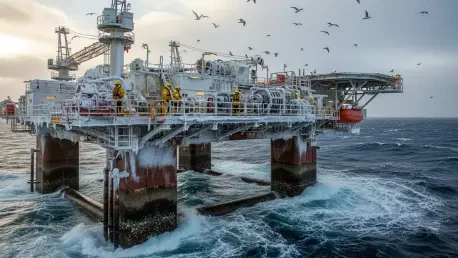
Setting the Context: Why Norway's Oil Sector Matters in 2025 Imagine a nation that has fueled Europe's energy demands for decades now facing a pivotal shift in its core industry. Norway, Europe’s largest petroleum producer, stands at a critical juncture as it navigates a noticeable decline in oil
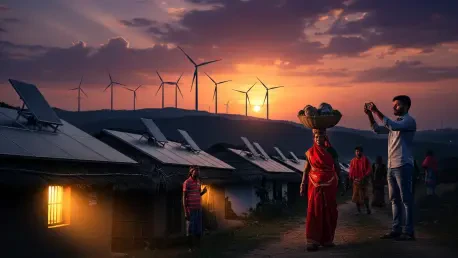
Imagine a nation with one of the world’s largest populations and economies, historically tied to vast coal reserves, now sprinting ahead to redefine the global energy landscape with clean, sustainable power. That’s the remarkable story unfolding in India today. This country, often seen through the
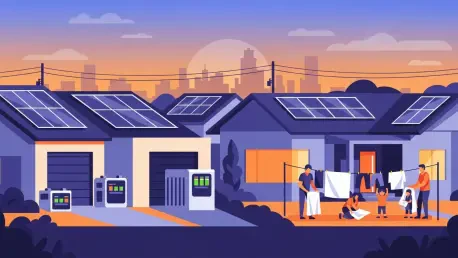
Imagine a sweltering summer day in Australia, where temperatures soar past 100 degrees Fahrenheit, air conditioners hum relentlessly across cities, and the energy grid teeters on the edge of collapse under the weight of unprecedented demand. This isn’t a rare scenario but a recurring challenge for

Imagine a world where one of the mining industry's most notorious environmental villains—acid mine drainage (AMD)—could be transformed into a hero for clean water access. This toxic byproduct, known for contaminating rivers and soil with heavy metals and extreme acidity, has long been a scourge on
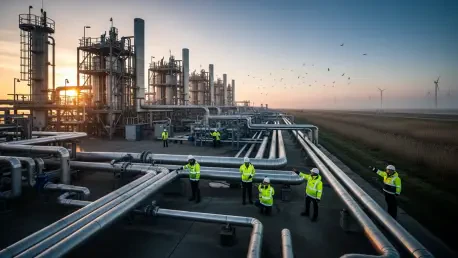
What if a single industrial hub could redefine the fight against climate change? In the coastal town of Emden, Germany, a monumental shift is underway as German energy company EWE breaks ground on a 320-megawatt green hydrogen plant. This isn’t just another renewable energy project—it’s a potential
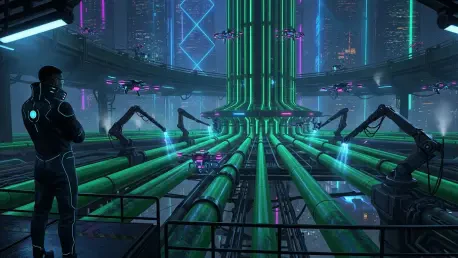
I'm thrilled to sit down with Christopher Hailstone, a seasoned expert in energy management and renewable energy, who brings a wealth of knowledge on electricity delivery and grid reliability. With a deep understanding of the utilities sector, Christopher offers unparalleled insights into the
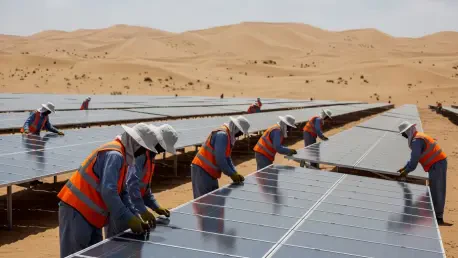
What does it mean for a nation of over 1.4 billion to flip the switch on half its power generation to clean sources, years ahead of schedule? India has stunned the world by achieving over 50% non-fossil fuel capacity in its electricity mix as of October 31 this year, a target initially set for 2030

Imagine a world where the digital backbone of society—data centers powering everything from cloud services to AI innovations—threatens to overwhelm the very power grids that sustain them. This isn’t a distant concern but a pressing reality, as global electricity demand from these facilities

Imagine a future where clean, reliable energy powers the surging demands of artificial intelligence and electric vehicles without the carbon footprint of fossil fuels. This vision is at the heart of a major move by the U.S. Department of Energy, which has committed up to $800 million to develop
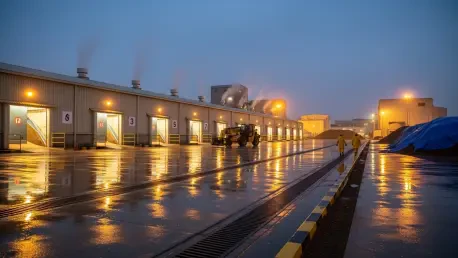
Christopher Hailstone brings a grid-and-plant-operator’s mindset to a project that sits at the crossroads of urban waste, energy security, and climate action. Speaking about Bhandewadi’s 30-acre build, he emphasizes disciplined commissioning, precision automation, and market-backed offtake as the
ITCurated uses cookies to personalize your experience on our website. By continuing to use this site, you agree to our Cookie Policy